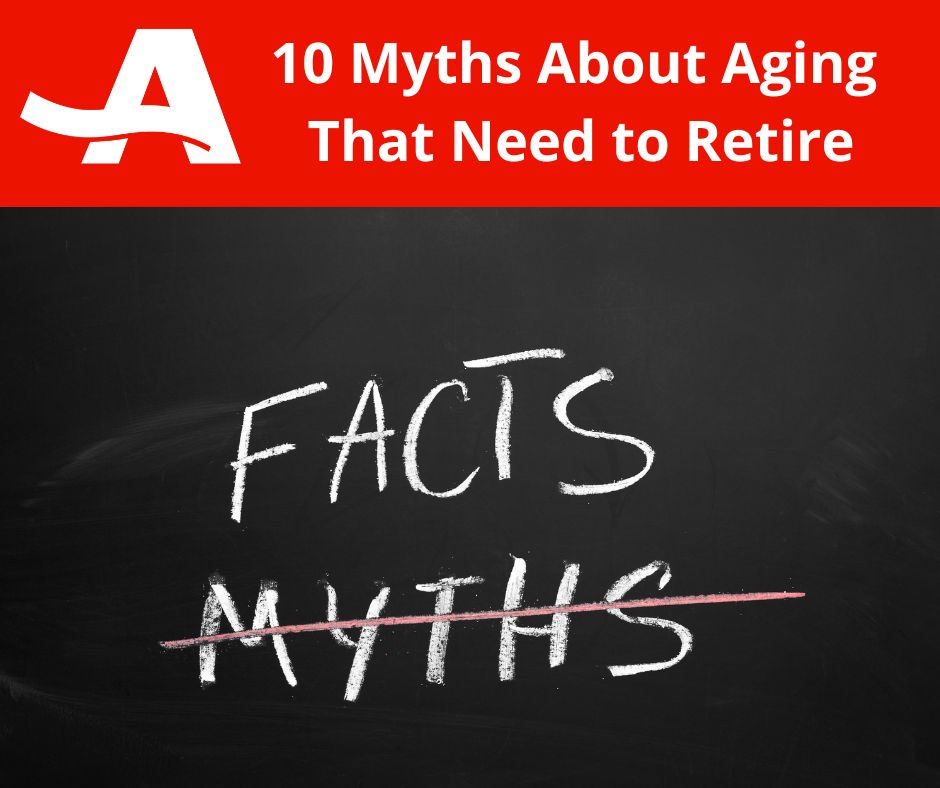AARP Hearing Center
CLOSE ×
Search
Popular Searches
- right_container
- Health
- Money
- Work & Jobs
- Advocacy
- Social Security
- Medicare
- Caregiving
- Games
- Travel
- More...
- Entertainment & Style
- Family & Relationships
- Personal Tech
- Home & Living
- Auto
- Staying Sharp
- Podcasts
- Videos
Posted on 12/13/24
This story is provided by AARP New Hampshire. Visit the AARP New Hampshire page for more news, events, and programs affecting retirement, health care, and more.
AARP Events for Adams
-
Featured Event
Intro to Chatting with AI
Thursday, Jan 29, 2026 at 6:00 p.m. CT
Online Event
-
Featured Event
The Six Pillars of Brain Health
Monday, Feb 2, 2026 at 10:00 a.m. CT
Digital Express at Metro Community College
Omaha, NE
-
Featured Event
Understanding Fraud & Scams
Thursday, Feb 5, 2026 at 2:00 p.m. CT
Online Event

Only $15 your first year
with Automatic Renewal
with Automatic Renewal
- Immediate access to your member benefits
- Discounts on travel and everyday savings
- Subscription to AARP The Magazine
- FREE second membership
Join AARP
Already a member? Renew or
Print Card

































































